Driving through cities like Houston, Dallas, Austin, and San Antonio means sharing the road with millions of fellow Texans. The responsibility of driving extends beyond following the speed limit or using your blinker—it means adhering to the state’s strict laws regarding driving under the influence. A question often asked by drivers across Texas is: what really happens to your driver’s license if you refuse a breath or blood test when stopped for suspicion of intoxication?
This comprehensive guide covers everything you need to know—legal background, step-by-step processes, real-life implications across different Texas cities, and how refusing a test can impact your future driving privileges.
Understanding Implied Consent in Texas
One of the most fundamental concepts shaping DWI enforcement in Texas is the principle of implied consent. This law states that anyone driving on Texas roads—from the sprawling highways of Dallas to the city streets of Houston—automatically consents to chemical testing (breath or blood tests) if an officer suspects you of driving while intoxicated.
By holding a Texas driver’s license, you agree to these terms, whether you’re driving in Austin, El Paso, or even smaller towns like Lubbock or Waco. This is not just a Texas peculiarity; almost every state in the nation maintains some form of implied consent law.
The Difference Between Refusing and Complying
When pulled over, a law enforcement officer may administer field sobriety tests—physical or cognitive tests like walking in a straight line or reciting the alphabet. These are voluntary; you can legally refuse them. However, after an arrest for DWI, the stakes change.
Refusing to submit to a chemical test (such as a breathalyzer or blood draw) after being detained is what triggers the most serious administrative penalties for your driving privileges.
Immediate Consequences of Refusal
Upon refusal to take a breath or blood test after a DWI stop in Texas, the consequences are substantial. In vibrant cities such as Austin and San Antonio, as well as rural counties, the process is nearly identical.
- Automatic License Suspension: Regardless of whether you are actually convicted in criminal court, refusing a lawful request for a test results in an automatic suspension of your driver’s license.
- Administrative License Revocation (ALR): This is a civil process, separate from any criminal DWI proceedings. The Texas Department of Public Safety (TDPS) oversees this process statewide.
For a first refusal, the suspension typically lasts 180 days. If you have previously refused or been convicted of a DWI-related offense within the last 10 years, the suspension can stretch up to two years. These timelines apply everywhere from Dallas-Fort Worth to Corpus Christi, with no leniency based on geography or circumstance.
The ALR Notice and What Happens at the Scene
When a driver refuses the test, the officer will generally confiscate the driver’s physical license on the spot and issue a temporary driving permit, valid for a limited period (usually 41 days). This gives time to request a hearing if you want to challenge the suspension.
The officer must also inform you—both orally and in writing—of the consequences of refusal.
Fighting a License Suspension: The ALR Hearing
In places like Houston or Dallas, where traffic stops are frequent and DWI enforcement is rigorous, many drivers choose to request an Administrative License Revocation (ALR) hearing. This hearing is your only opportunity to challenge the suspension.
- Request Deadline: You must act quickly—typically within 15 days from the date of arrest—to request your hearing.
- Hearing Content: During this process, you (or your attorney) can dispute whether the officer had reasonable suspicion to initiate the stop, probable cause to arrest, or properly followed all necessary procedures.
If the hearing officer finds in your favor, your suspension may be lifted. If not, the suspension will stand, and you will be notified accordingly across Texas, whether you live in the Rio Grande Valley or the Panhandle.
Penalties Beyond License Suspension
Refusal may alleviate concerns about a failed chemical test, but it also brings a unique set of repercussions:
- Refusal Used as Evidence: Prosecutors often present the refusal itself as a sign of “consciousness of guilt” at trial.
- Search Warrant for Blood: In many situations—particularly during “no-refusal weekends” in cities like Austin, Dallas, and Houston—police routinely obtain search warrants from on-call judges for blood tests, especially if you refuse initially.
- Dual Suspensions: You may receive a license suspension both for refusing the test and for a DWI conviction from the same incident, leading to overlapping or stacked suspension periods.
Occupational Licenses: Limited Relief
Many Texans, particularly those commuting in metropolitan areas like Houston or working in sprawling suburbs outside Dallas, are understandably concerned about how they’ll get to work or school.
- Eligibility: After a test refusal, some drivers may apply for an Occupational Driver’s License (ODL), which allows them to drive under specific, necessary circumstances such as going to work, transporting children to school, or running essential errands.
- Court Approval: This type of license is not granted automatically. You must apply in court, and strict geographic and time restrictions will likely apply. Violating these restrictions can lead to jail time or an extension of your suspension.
Real-World Scenarios: Texas Cities and the Urban-Rural Divide
Houston
As the country’s fourth-largest city and Texas’s busiest metropolitan area, Houston law enforcement is especially assertive about DWI enforcement. The Harris County Sheriff’s Office, Houston Police Department, and the District Attorney regularly promote “no-refusal weekends,” during which warrants are quickly issued to obtain blood samples from uncooperative drivers. In Houston alone, DWI arrests routinely exceed 5,000 cases per year.
Dallas-Fort Worth Metroplex
The DFW area, covering cities like Dallas, Fort Worth, Arlington, and Plano, has robust enforcement initiatives. Specialized DWI task forces work major holidays, and many ALR hearings are contested each month in Dallas County. Drivers relying on their vehicles for cross-county commutes may suffer significant hardship if their license is suspended.
San Antonio
Bexar County has a reputation for strict penalties and widespread checkpoints. In recent years, San Antonio area law enforcement agencies have reported an increase in DWI-related traffic stops and subsequent license suspensions due to chemical test refusals.
Austin
Austin, known for its lively downtown, hosts extensive DWI patrols. Travis County processes thousands of DWI cases annually. Given the city’s vibrant nightlife and event scene, police frequently obtain search warrants for blood draws when breath or blood tests are refused. The city’s public awareness campaigns strongly emphasize the personal and legal risks of refusal.
Rural Communities
Cities such as Amarillo, Lubbock, Midland, or Odessa may see fewer DWI stops due to lower population densities, but consequences are just as severe. In some smaller jurisdictions, access to ALR hearings may require traveling greater distances, but the laws and penalties remain consistent with those in Texas’s largest urban centers.
Statistics on Texas DWI and License Suspensions
- In Texas, over 70,000 DWI arrests were made in one recent year, with thousands of drivers refusing chemical tests.
- The Texas Department of Public Safety reports that thousands of ALR hearings are requested every year statewide.
- Harris County alone—home to Houston—regularly ranks among the top five counties nationally for DWI prosecutions.
These figures illustrate both the seriousness with which authorities approach refusal cases and the significant number of Texans affected by automatic license suspensions.
Legal and Personal Consequences Beyond the Suspension
Insurance Impact
A refusal will likely cause your car insurance premiums to spike. Insurers in Texas, especially in competitive markets like Dallas and Houston, view license suspensions for refusal as high-risk events.
Criminal Record Complications
A refusal leading to a suspension appears on your driving record, visible to employers, schools, and insurance companies. It’s often more difficult to clear a license suspension related to refusal than some minor criminal convictions.
Professional Risks
Nurses, teachers, commercial drivers, and others in regulated professions can face additional employment hurdles or even job loss following a refusal and license suspension.
Common Misconceptions About Refusal
- “If I refuse, they won’t be able to prove I was drunk.” Officers and prosecutors can rely on witness testimony, dashcam footage, and field sobriety tests. Refusal itself is incriminating evidence at trial.
- “License suspension is only for convicted DWI offenders.” In Texas, suspension for refusal is a civil (administrative) matter and occurs even if your DWI charge is ultimately dismissed.
- “Occupational licenses are guaranteed.” Courts can and sometimes do deny Occupational Driver’s License applications and may restrict their use to minimum essential travel.
The “No Refusal” Policy Across Major Texas Cities
Texas has pioneered “No Refusal” weekends and policy periods, particularly during major holidays like New Year’s Eve, July Fourth, or the Memorial Day weekend. These efforts are most prominent in cities like Austin, Dallas, Houston, and San Antonio. During these times, judges remain on-call around the clock, enabling officers to obtain warrants in just minutes to draw blood from drivers who refuse alcohol testing. These initiatives have increased rates of compliance with breath and blood tests but have also led to a noticeable rise in immediate suspensions for drivers who still refuse.
Steps to Take if You’ve Refused a Test
- Consult a Qualified Attorney: Time is of the essence. Seek legal help immediately to explore your options for contesting the suspension.
- Request Your ALR Hearing Promptly: File for this hearing within the 15-day window to maximize your chances of saving your license.
- Prepare for Dual Suspensions: Be aware you may face two separate suspensions—from both the criminal DWI charge and the administrative (ALR) process.
- Explore Occupational License Options: If your suspension goes into effect, ask your lawyer how to petition for essential driving privileges.
Preventing License Suspension: Smart Choices for Texas Drivers
- Plan Safe Transportation: Utilize ride-share services, taxis, or public transit, especially during holidays or nights out in cities like Houston, Dallas, or Austin.
- Know Your Rights—but Accept the Risks: You may have a right to refuse, but understand fully that refusal is not without serious consequences.
- Stay Informed: Texas DWI and ALR laws change. Annual legislative sessions sometimes update or strengthen penalties.
Conclusion
Refusing to submit to breath or blood testing at a DWI stop in Texas is not a decision without consequence. From immediate license suspension to long-lasting stains on your driving record, the repercussions are severe and far-reaching, from the urban sprawl of Houston to the college towns of College Station and Lubbock.
Drivers are urged to know their rights, but also to accept the reality of implied consent law and ALR proceedings. With tens of thousands of DWIs, ALR suspensions, and no-refusal warrants issued each year, Texas roads are closely monitored and aggressively policed. License suspension for refusing a breath or blood test is swift, consistent, and often harsh—affecting your career, freedom, and day-to-day life far beyond a single traffic stop.
Whether in the heart of San Antonio, the suburbs of Dallas-Fort Worth, or the sun-baked freeways of El Paso, the take-home message remains the same: make responsible choices, and understand the full scope of legal and personal risks before ever deciding to refuse a chemical test during a DWI encounter in Texas
Helpful Links:

Mrs. Odice has been a teacher here for 9 years. She likes yoga and spends most of her time with her 3 kids. She also grew up going to Douglas County schools and is Canadian.

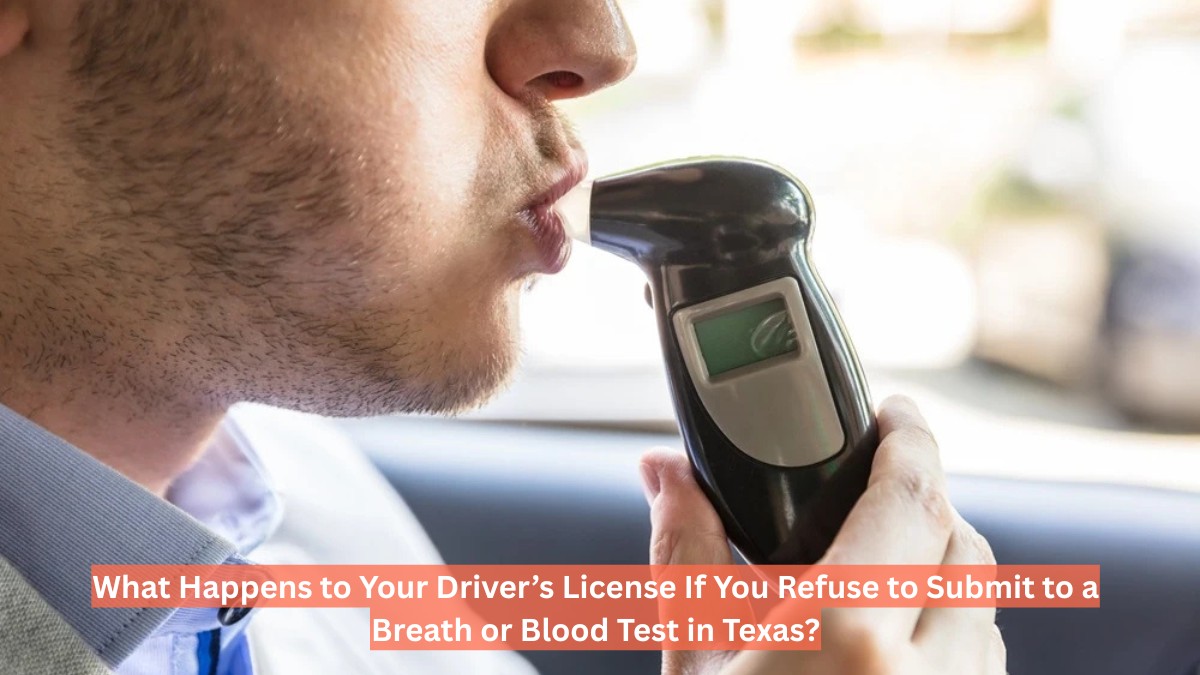
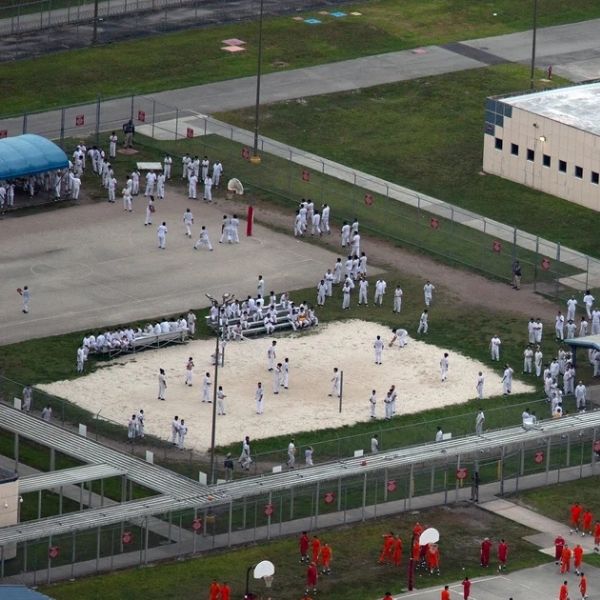
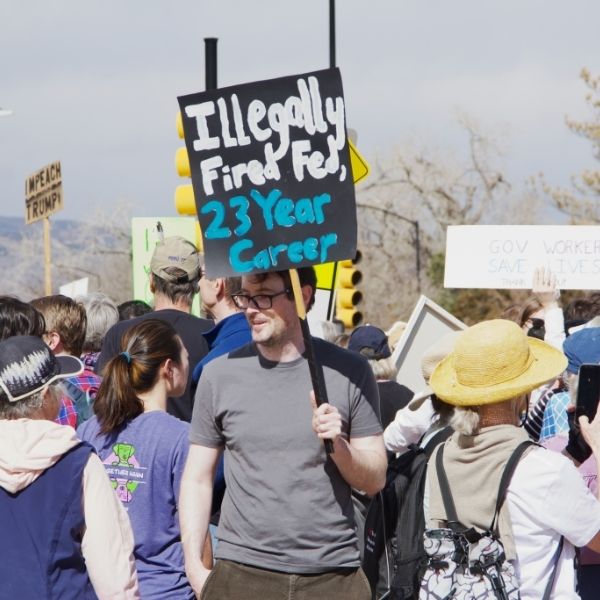
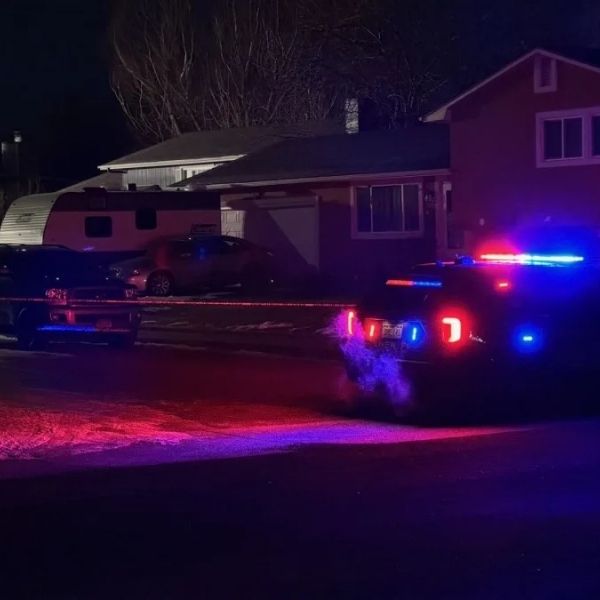
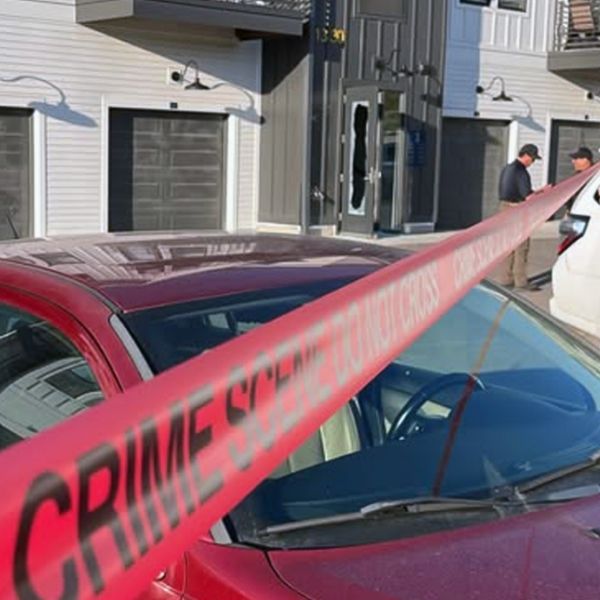


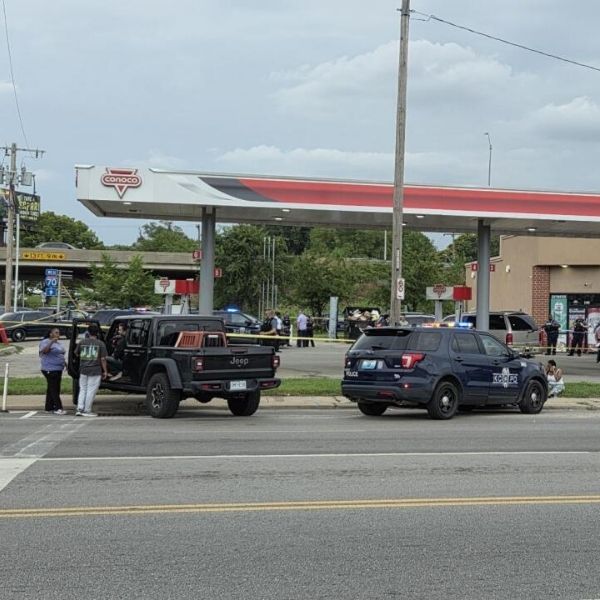






Leave a Reply